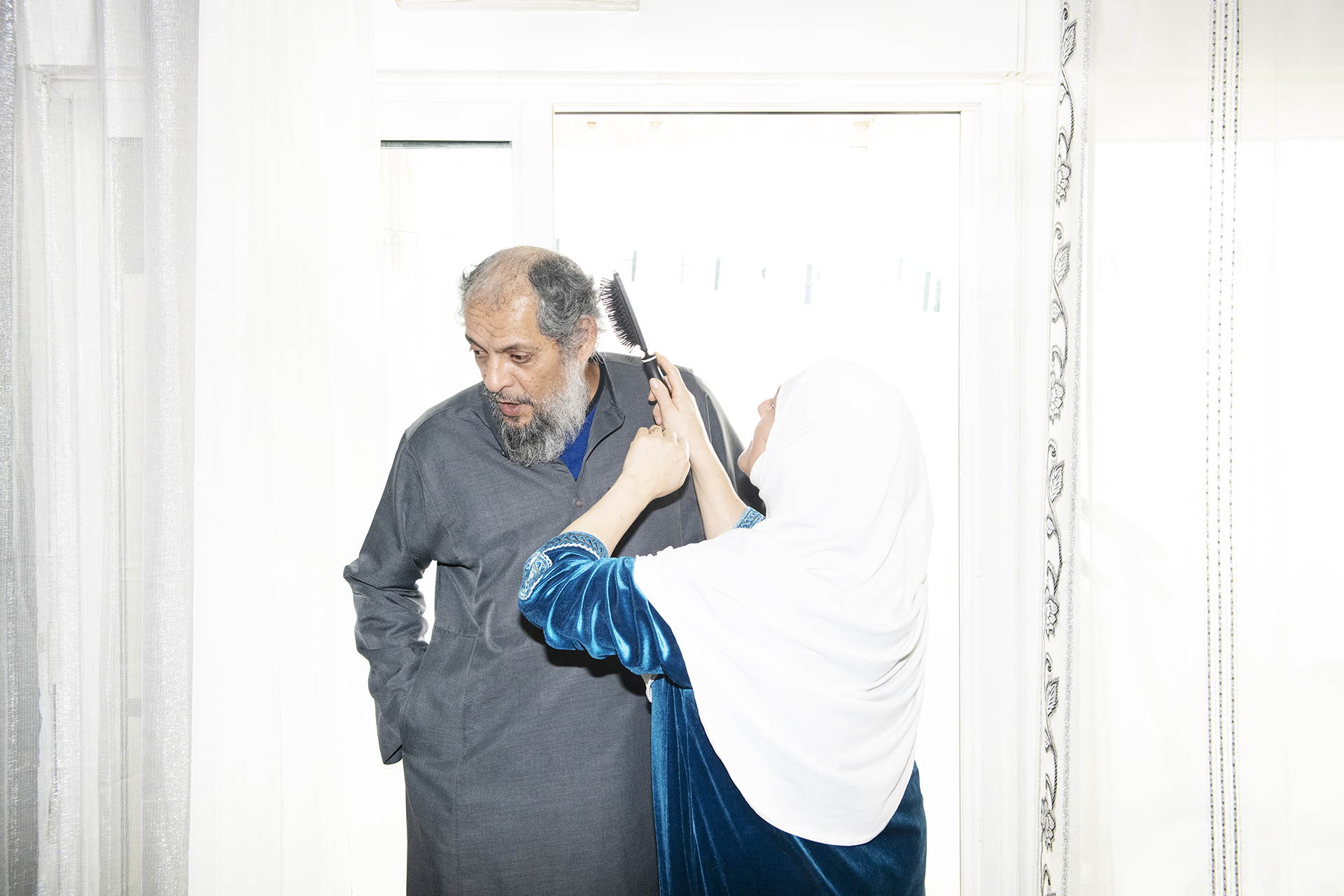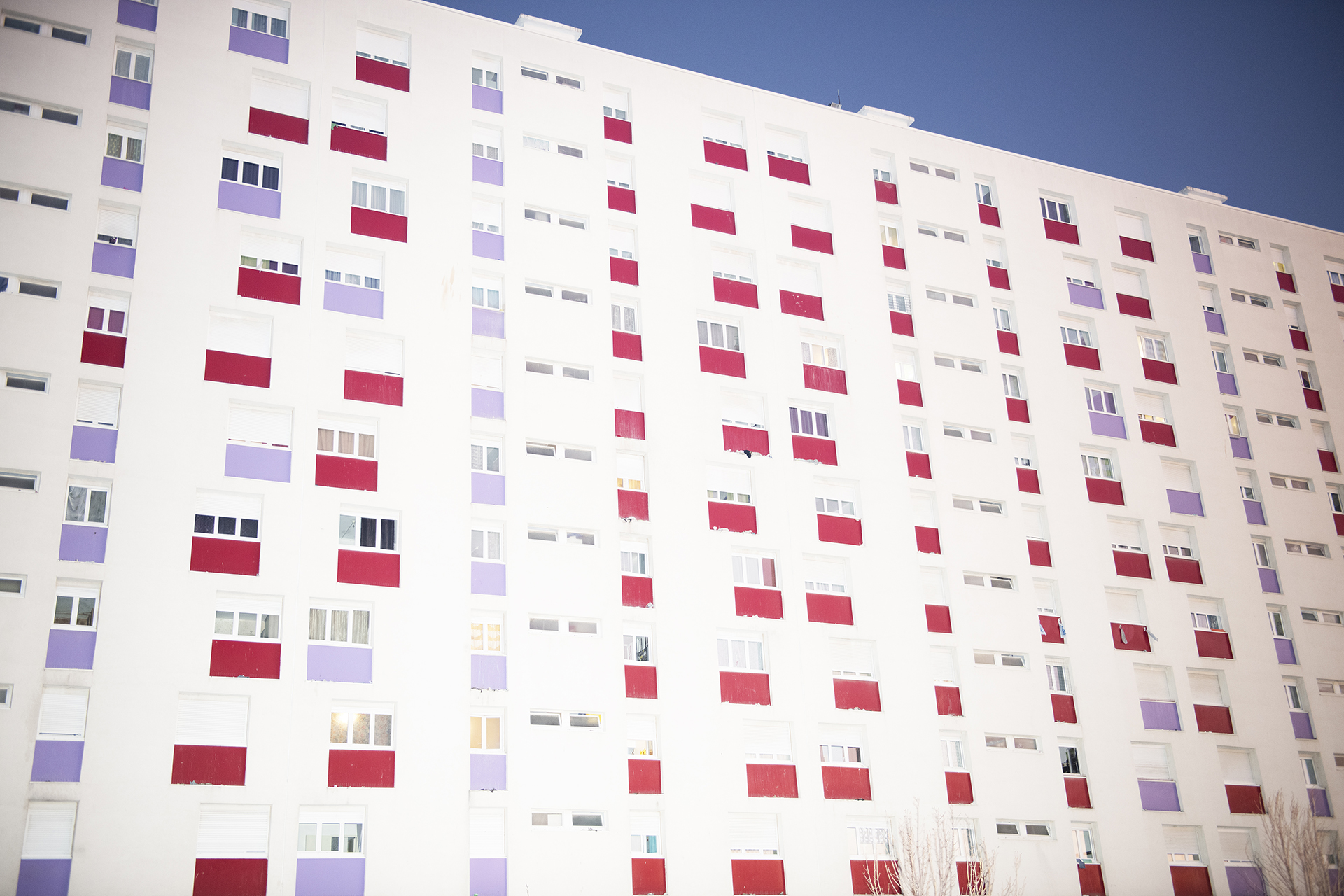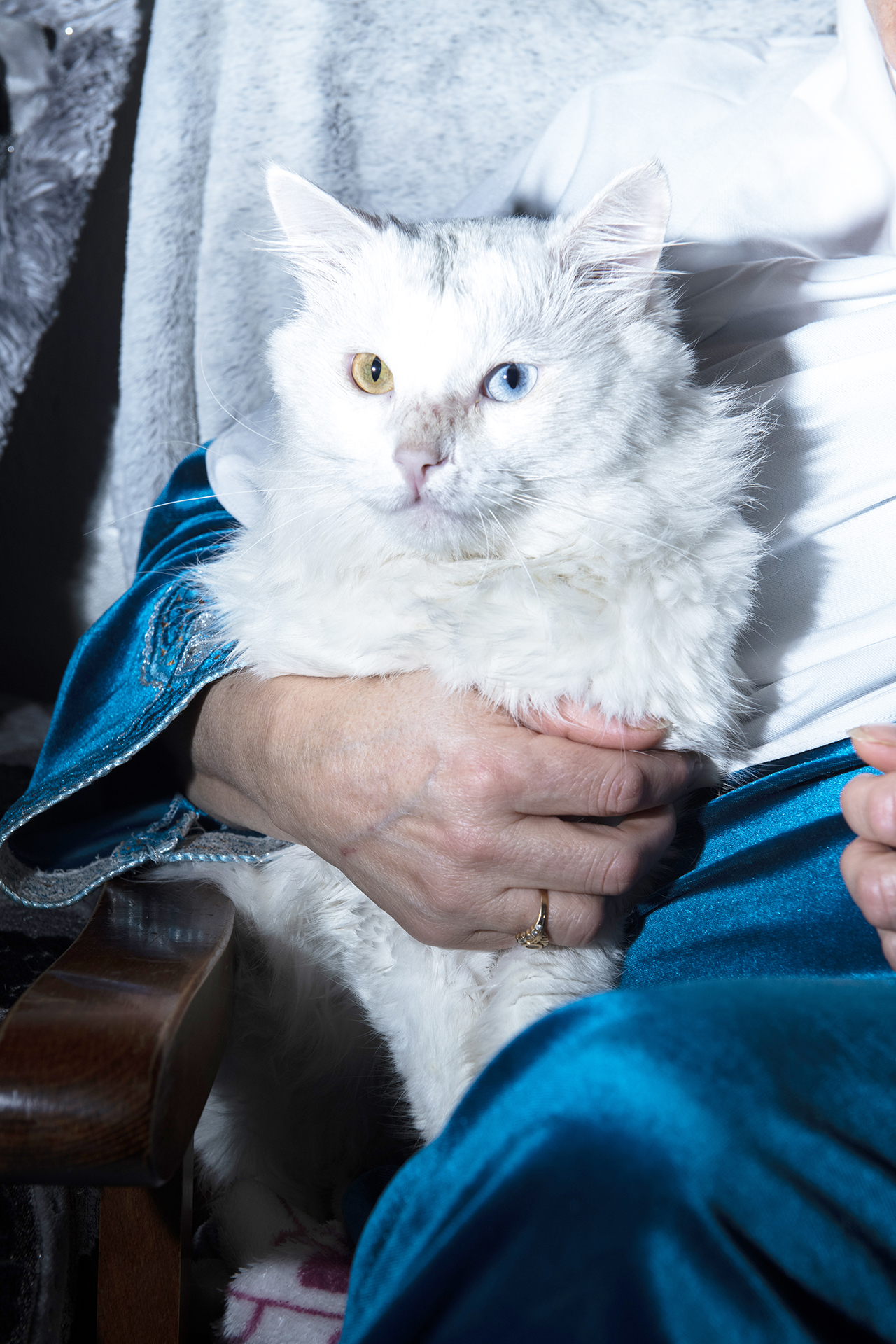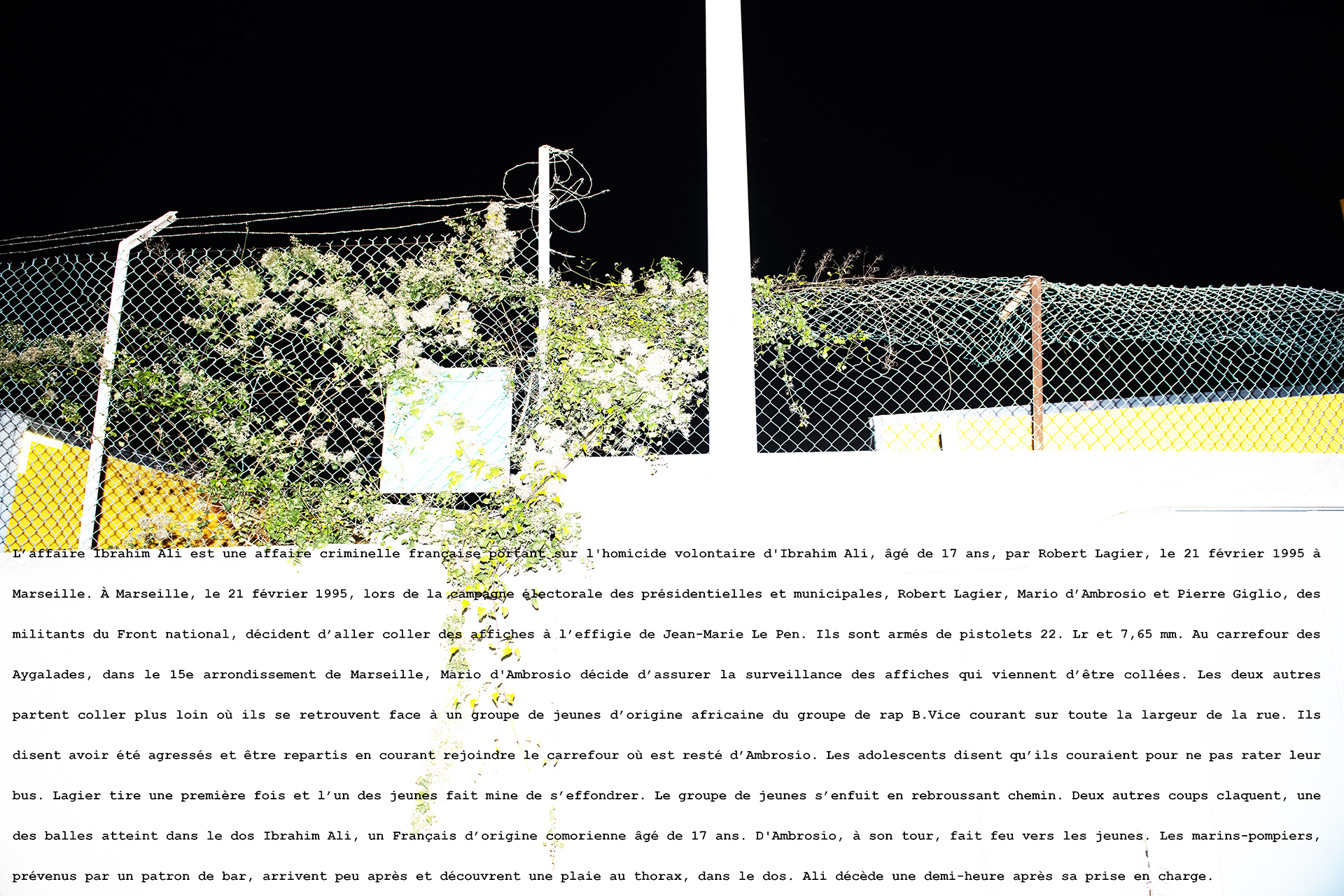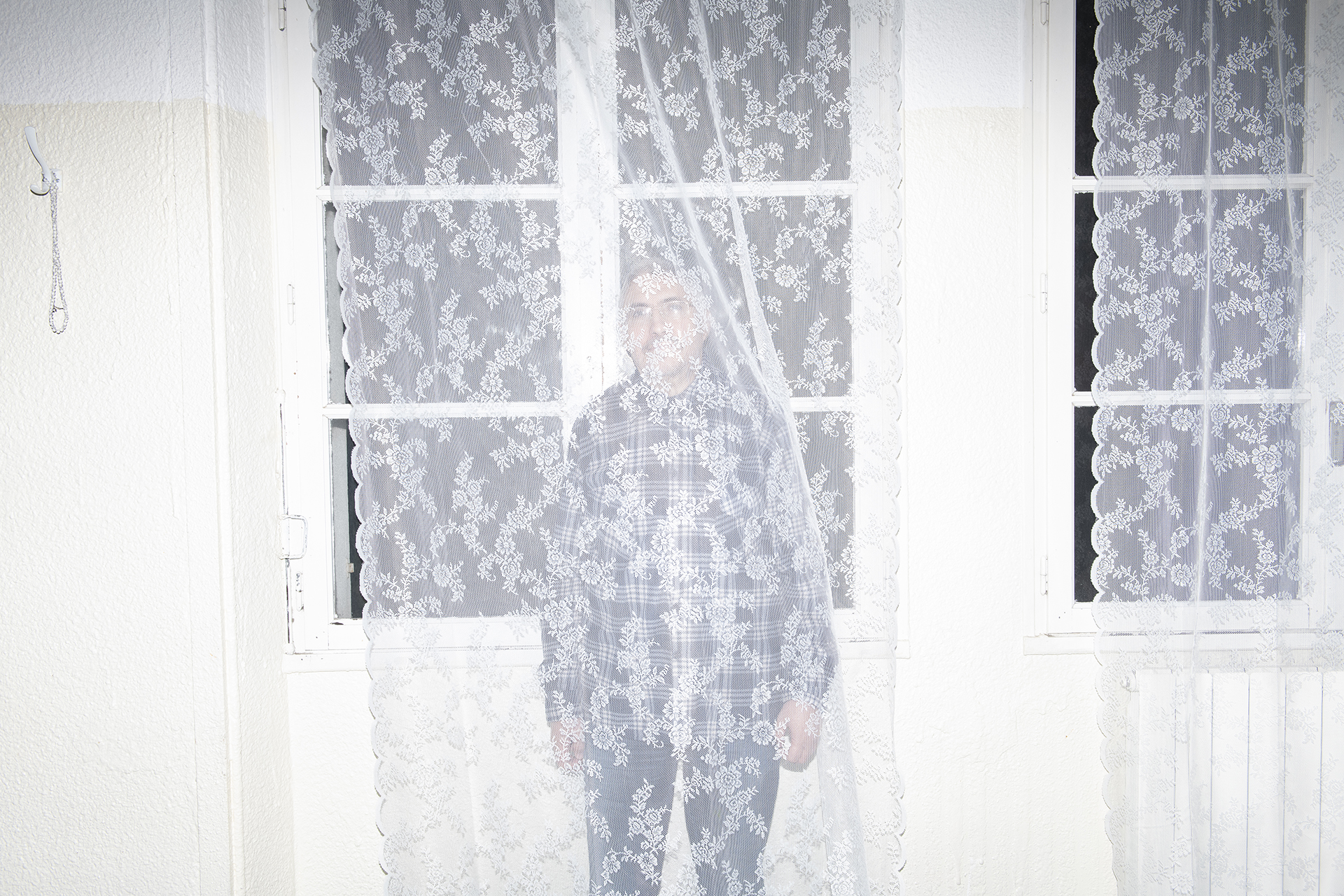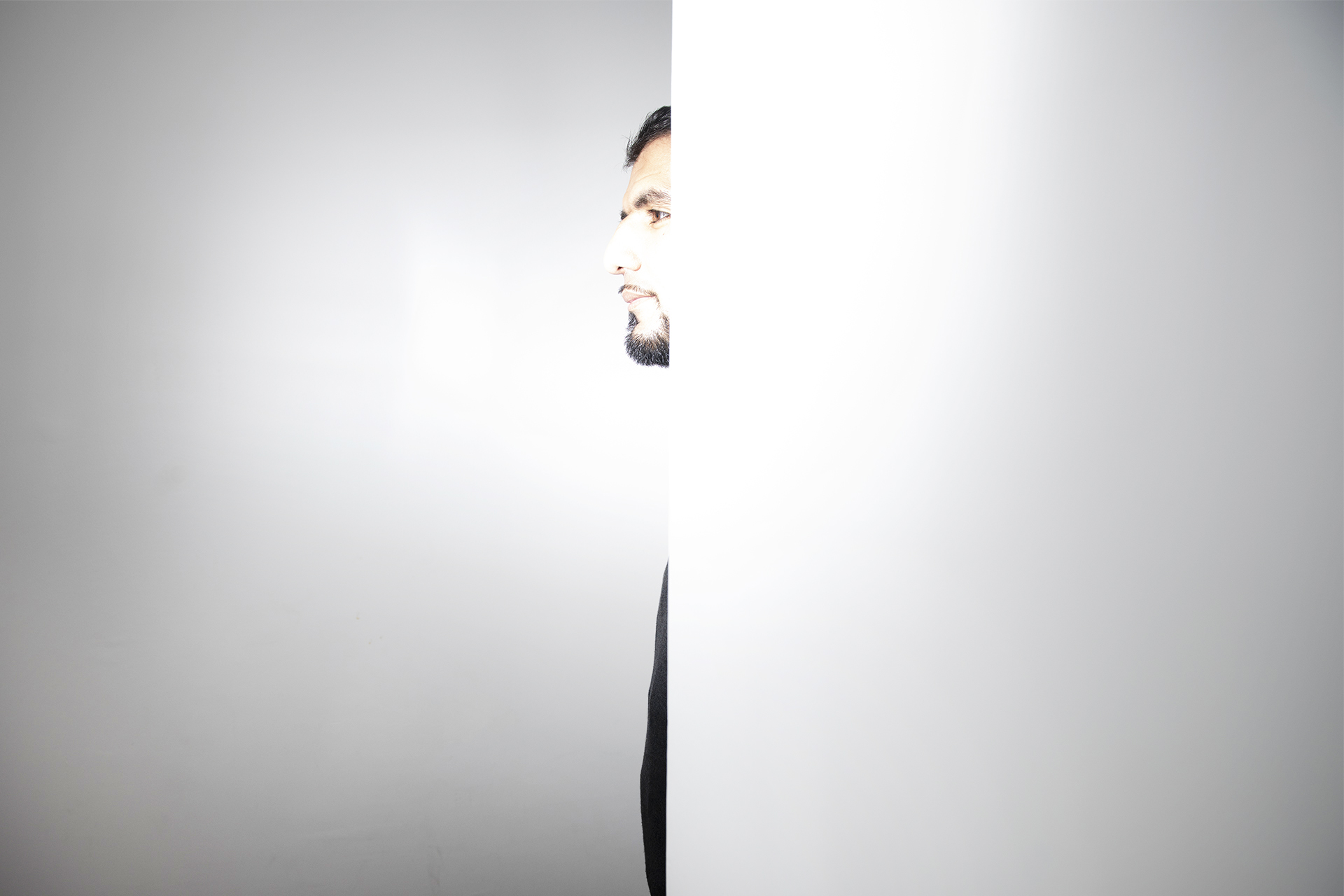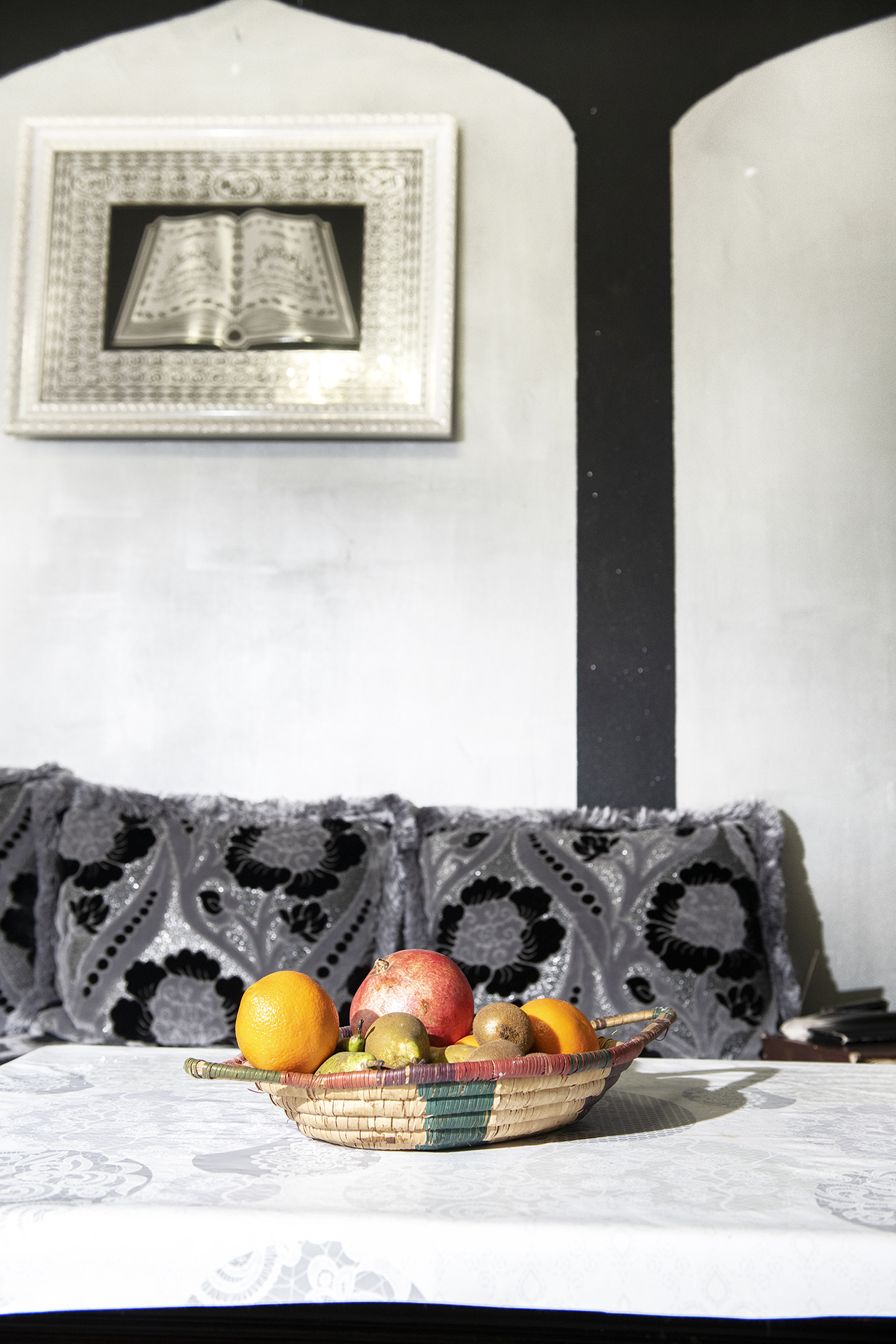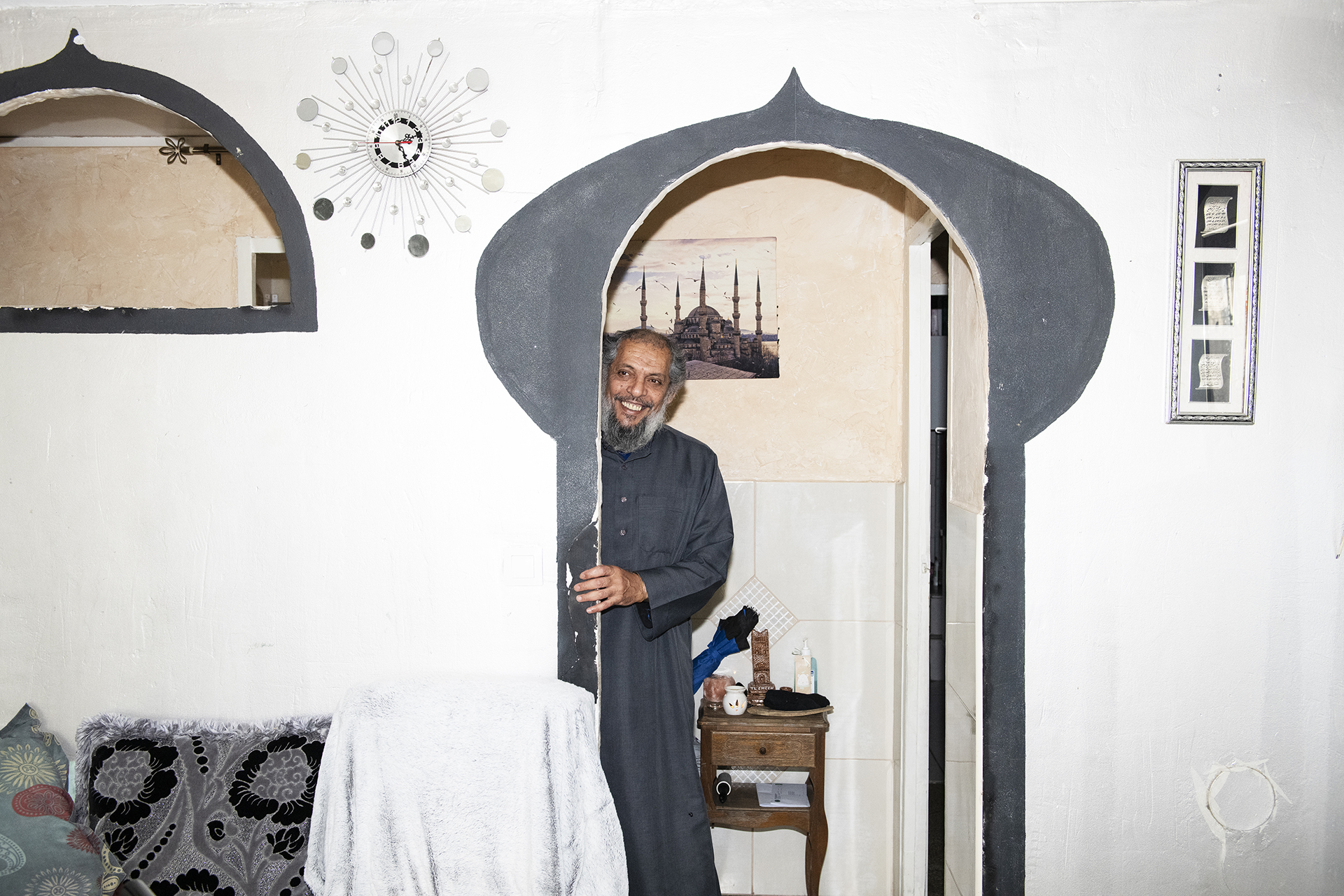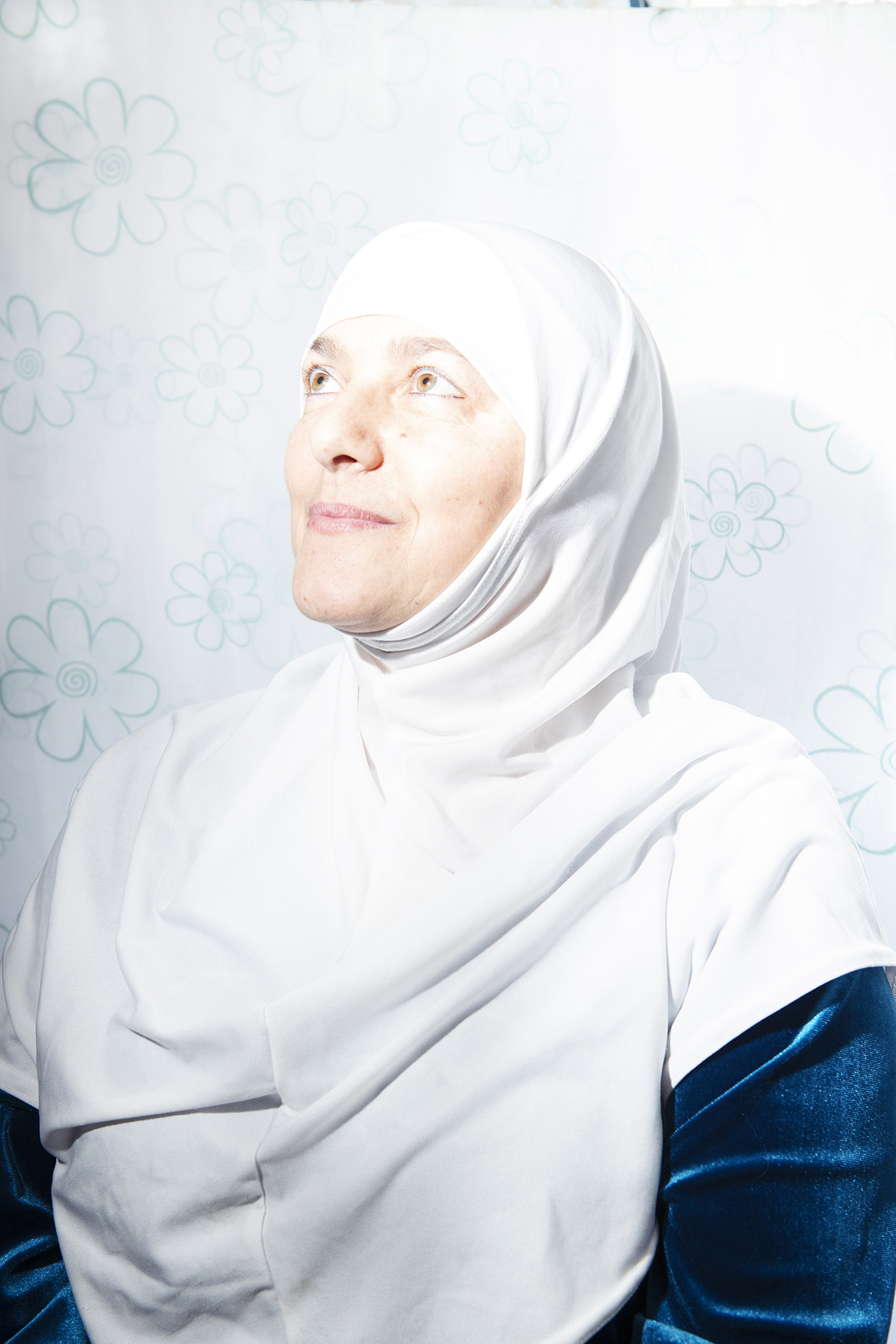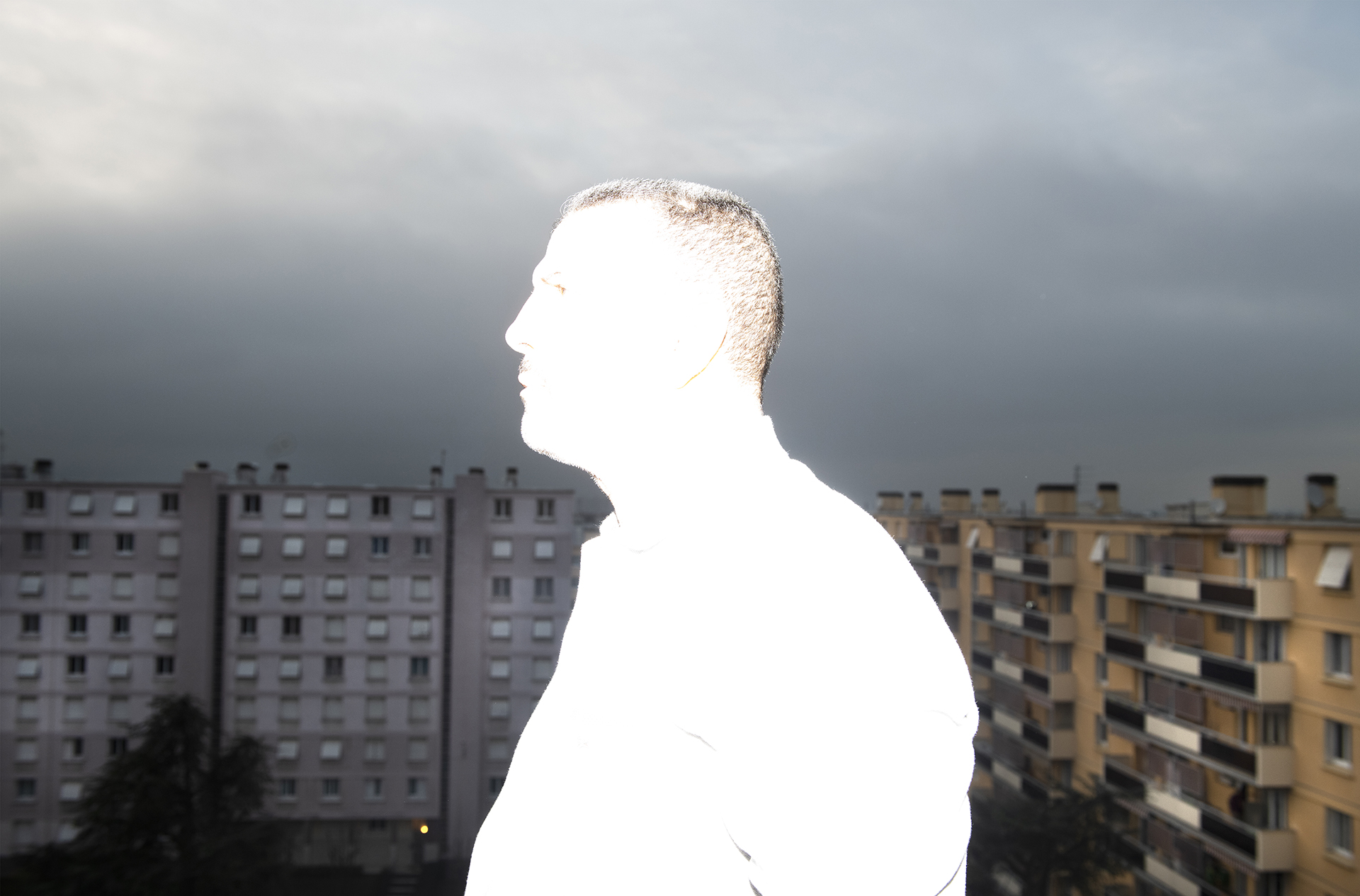TITLE: ISLAMOPHOBIA
TEXT: Musulmans en état d’urgence:
l’intimité mise à nu
LOCATION: France
MEDIA: Photographs, Photographic archives.
YEAR: 2020
TEXT: Musulmans en état d’urgence:
l’intimité mise à nu
LOCATION: France
MEDIA: Photographs, Photographic archives.
YEAR: 2020
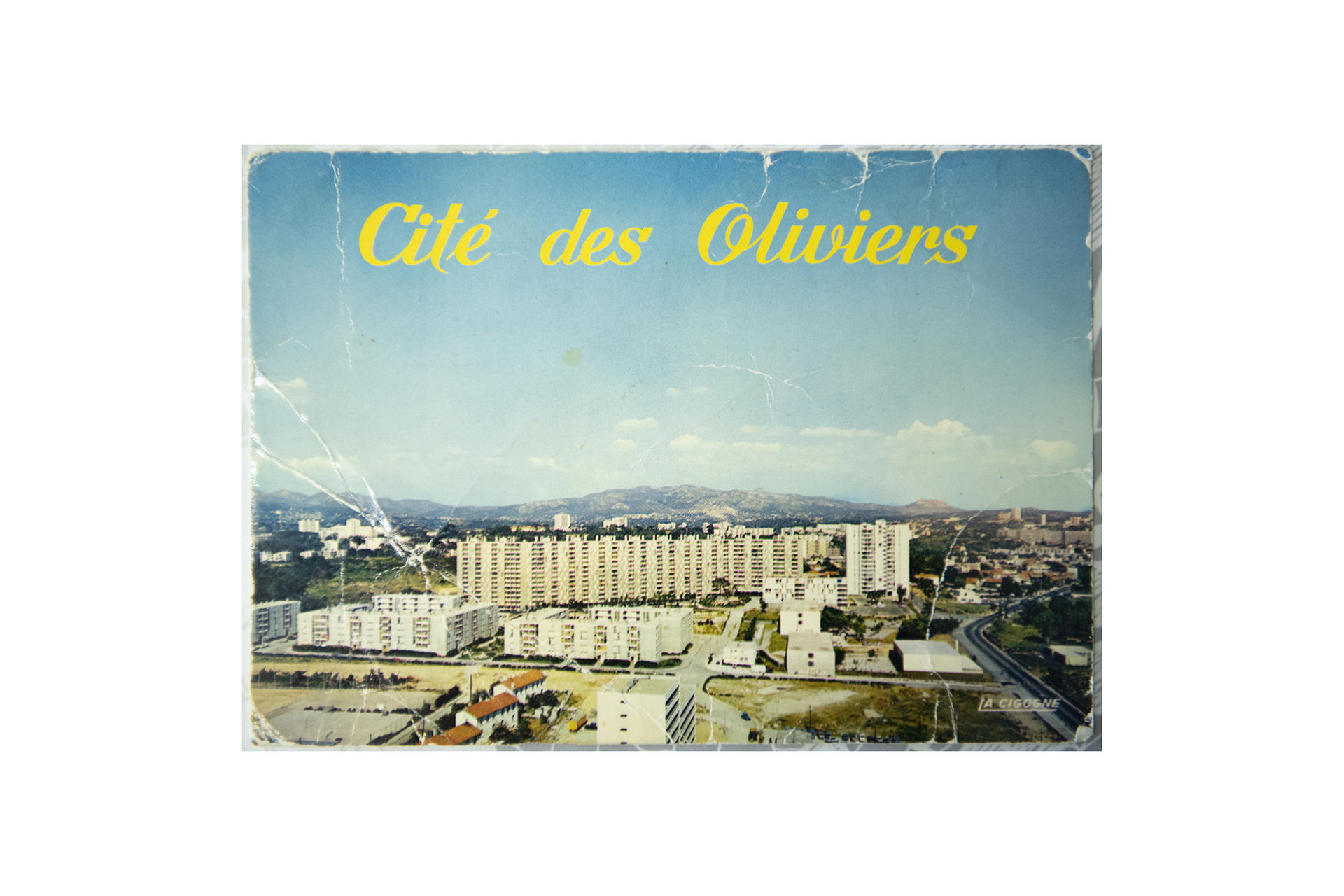
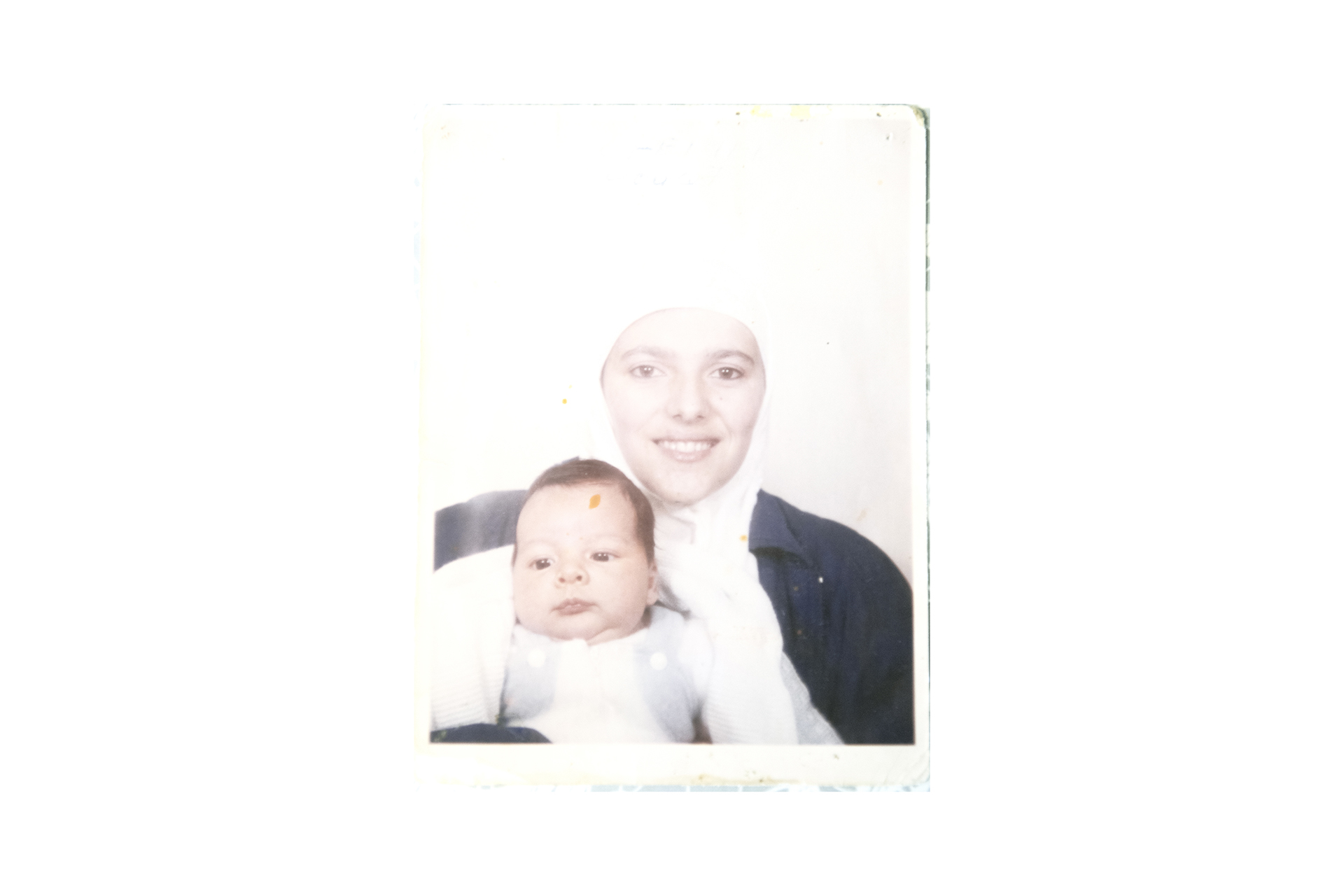
CONTEXT
After the Bataclan massacre by Islamic State gunmen in Paris, the French government declared “war” against terrorism and installed the state of emergency for the next two years (2015-2017). The exceptional measures allow police to conduct house raids and searches without a warrant or judicial oversight, including at night, and give extra powers to officials to place people under house arrest outside the normal judicial process and to close places of worship.
In 2016 already, Ramzi Kaseem, professor of law at the City University of New York, publishes a tribune in the New York Times, underlining the questionnable efficiency of the emergency law, and the inexplicable motives behind its targets: French Muslims of Northern African descent. At the end of the state of emergency, 4457 house raids took place but 23 court cases opened linked to terrorist activities.
When the state of Emergency ended, Macron proposed to pass a counter-terrorism bill, engraving solidly some of those measures into French laws. On the 3rd of October 2017, the bill is voted by the national asssembly. De facto these exceptional limits to freedoms intended for a special period of time became the norm. The bill
makes permanent certain special policing powers including placing suspects under house arrest, closing places of worship, expanding police “stop-and-search” operations in designated areas. Warnings from rights organisations, and institutions consider this law as regression and an infringement on freedoms within the rule of law applied to society at large.
In the meantime the state of emergency has reinforced an old and recurring sense of persecution of this marginalized minority. “The state of emergency focused on a very specific kind of people defined by their religion, islam, and their appearance, foreign », says Malik Salemkour, the president of the Human RIghts League.
After the Bataclan massacre by Islamic State gunmen in Paris, the French government declared “war” against terrorism and installed the state of emergency for the next two years (2015-2017). The exceptional measures allow police to conduct house raids and searches without a warrant or judicial oversight, including at night, and give extra powers to officials to place people under house arrest outside the normal judicial process and to close places of worship.
In 2016 already, Ramzi Kaseem, professor of law at the City University of New York, publishes a tribune in the New York Times, underlining the questionnable efficiency of the emergency law, and the inexplicable motives behind its targets: French Muslims of Northern African descent. At the end of the state of emergency, 4457 house raids took place but 23 court cases opened linked to terrorist activities.
When the state of Emergency ended, Macron proposed to pass a counter-terrorism bill, engraving solidly some of those measures into French laws. On the 3rd of October 2017, the bill is voted by the national asssembly. De facto these exceptional limits to freedoms intended for a special period of time became the norm. The bill
makes permanent certain special policing powers including placing suspects under house arrest, closing places of worship, expanding police “stop-and-search” operations in designated areas. Warnings from rights organisations, and institutions consider this law as regression and an infringement on freedoms within the rule of law applied to society at large.
In the meantime the state of emergency has reinforced an old and recurring sense of persecution of this marginalized minority. “The state of emergency focused on a very specific kind of people defined by their religion, islam, and their appearance, foreign », says Malik Salemkour, the president of the Human RIghts League.
“Many French Muslims and rights groups regard the state of emergency as a public relations exercise rather than a genuine security policy. Through its repressive, overbroad methods, the government is sending a message both to French Muslims, indiscriminately, and about French Muslims to the rest of French society, reinforcing negative stereotypes and hostility.” writes Ramzi Kaseem.
The stigmatisation muslims experience in France feed and perpetuate a constant state of confusion between islam and terrorism for the rest of the population. Directly or indirectly the state of emergency reinforced islamophobia in France. The Muslim population is trapped between government brutal post terrorist attacks measures, the general population suspicion and the actual terrorist threat. The first victim of the Nice terrorist attack was a muslim woman, Fatima Charrihi and among the 84 victims of the attack, 30 were muslims.
The state of emergency in Marseille, Lyon and Paris is the starting point of the visual investigative work. The unity of the project is based on the police and administrative brutality that Abdelkader, Younes, Khalid, Abdelaziz, Aïnouche and their families underwent. The suspicion towards the media, fear of triggering more suspicion towards themselves or reopening their trauma, made it difficult to find them. Most victims have disappeared, moved out to move on.
The project brings together the present and the past to reframe Islamophobia within a larger colonial and post-colonial context and retrace its genealogy. Long interviews weave the house arrests, house raids and personnel stories. This process operates as a counter point to stereotypes: restituting the diversity, breaking up the monolithic perception of an imaginary “muslim community”, indistinctive of the inidviduals, their personal history, their political positions, they faith experience.
